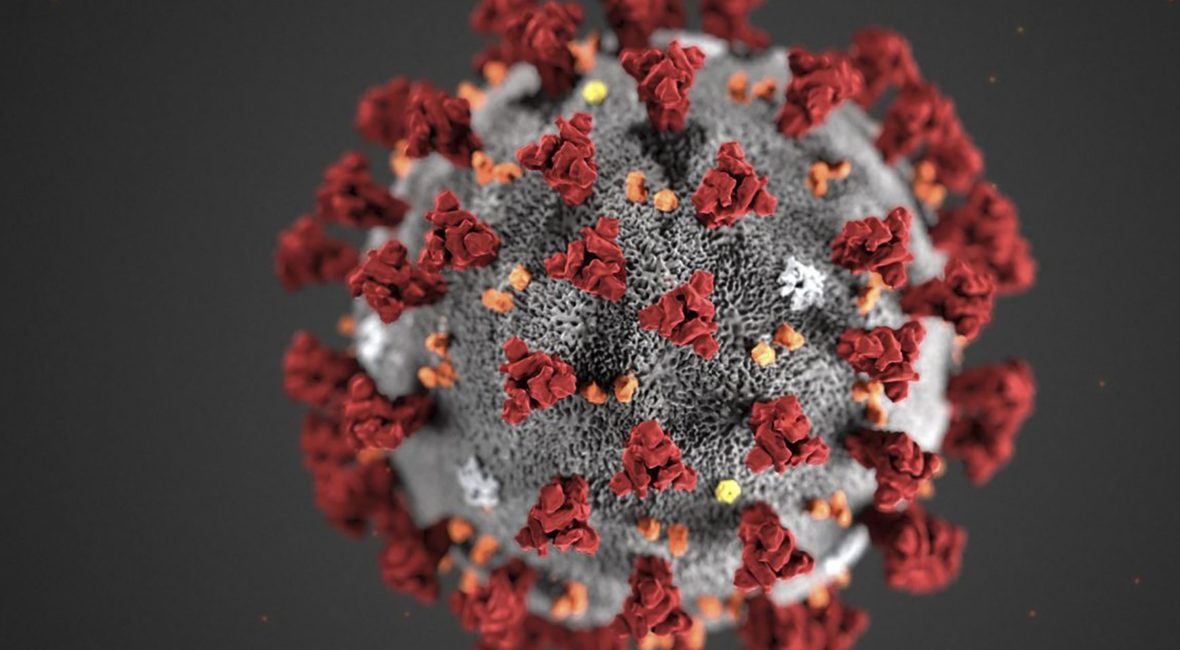
The following is a guest post from Samir Saluja, Founder DeriveOne and Romi Mahajan, CMRO Quantarium. Enjoy …
The metaphors we use to understand and process events, data, and thoughts are the ones that ultimately govern the ways in which we react to the stream of information that comes our way. As we attempt to navigate the shoals of human behavior- in order to create a model for how indeed these metaphors connect with actions- it is clear that sentiments as a whole direct economic behavior, whether classified as consumer or business-to-business. These sentiments are governed by a host of variables.
With the Covid-19 Pandemic raging across the world, we see sentiments gyrate wildly. The stress of virus-induced death and sickness, the constant admonitions, our fear for loved ones and friends, and the disruption of life-as-we-know-it is real and palpable. The lack of fixity, the presence of a persistent “unknown” exacerbates this stress and affects sentiments about all manner of subjects.
In the first quarter of 2020, as the payload of the virus was delivered and public health experts suggested ways in which to slow its spread, many parts of the world witnessed a sudden economic downturn. People stayed at home suddenly, weren’t able to either work or spend; demand for certain goods and services plummeted. Employers laid millions of workers off. A variety of businesses closed-shop many of which will likely stay shut. Well, these processes cannot be referred to only in the past tense. These trends continue unabated- dismal economic figures are released daily by many of the world’s major economies.
Precarity is the order of the day. Mental health providers are witnessing a spectacular rise and cannot handle the scale of calls upon their services. Depression has become commonplace.
In this environment, the metaphors that govern the sentiments and thus the outlook of most Americans are direct results of the pandemic and its consequences -and understandably so.
How will this affect economic decision-making? To speculate thus, it is important to understand the metaphors people use to process information and thus inform decisions. Some early thoughts here based on recent reviews of news, polls, and in-person conversations:
| Sector | Housing | Household Essentials | Automobiles |
| Metaphor Elicited | Safety/Stability | Protection of Family | Frivolity |
| Sentiment | Fear/Paralysis | Fear | Uncertainty |
| Action | Stay Put; Do Not Seek to Purchase | Buy more than immediately needed | Put off Auto purchase until economy rebounds |
Clearly, more nuance is required. For instance, a recent study by Simile shows that “Boomers” and “Millennials” have markedly different views of and sentiments triggered by the Covid-19 Pandemic. As such, their responses, even economic responses, will be inflected by these sentiments; likely, millennials will want to “transact” in “normal” ways with more haste than older Americans.
The biggest asset class and backbone of the US Economy- Housing- will undergo a sea-change not only in scope but also in process. March 2020 witnessed a 22% decline in housing starts and the largest dip in homebuilder sentiment in the history of its measurement. Multiple anecdotes from Real Estate agents refer to a blight in listings and a “dead” market. Being able to understand sentiment and translate the understanding into predictions is an incredibly important part of the planning process, as we seek economic retooling and recovery. Here, the sentiments of fear and uncertainty play a large role as do some of the elements of the purchase/sale process. For example, no one wants an appraiser traipsing through his house and no one wants to stage her house and open it for viewing, not to mention that very few people would risk touring houses in an era of fear and social-distancing. These trends bode ill for business-as-usual in the housing economy.
The sentiments provoked by the pandemic will change existing economic patterns and create new ones. Understanding the metaphors and sentiments evoked by this crisis and then innovating around the processes by which they can be translated into economic activity is key. Without a doubt, the human tragedy unfolding is the biggest story related to the Pandemic; when and if we contain the virus and reduce it to a minor irritation, fixing the economy is next-up.



